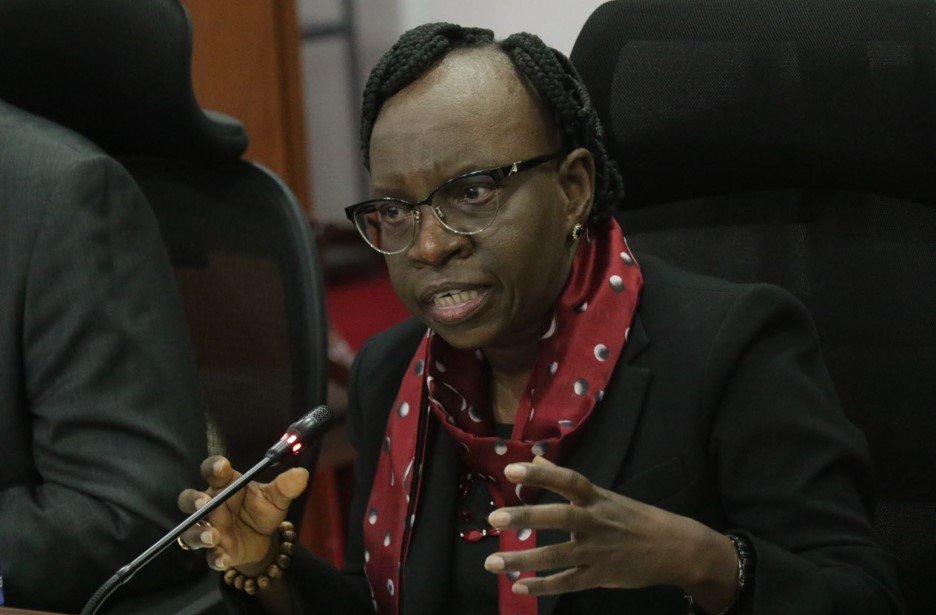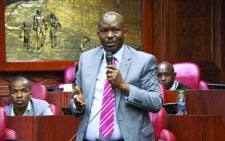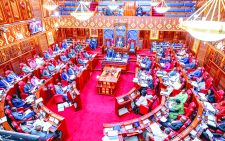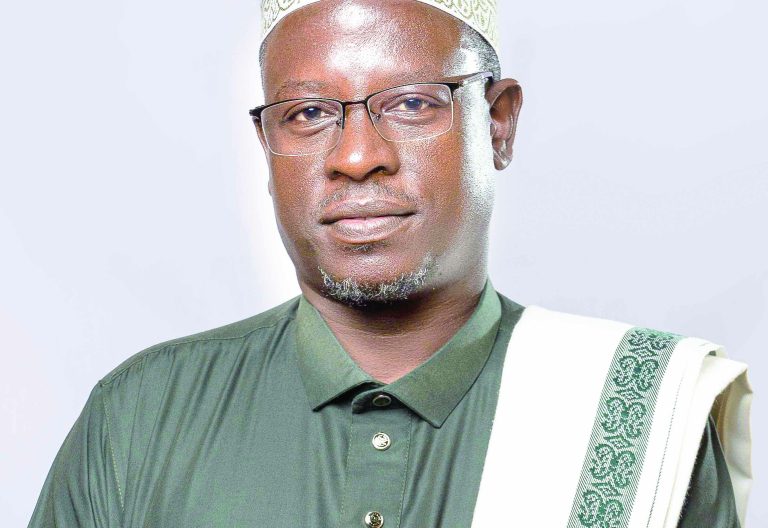Lawmakers set to clash over Sh465b county allocation funds
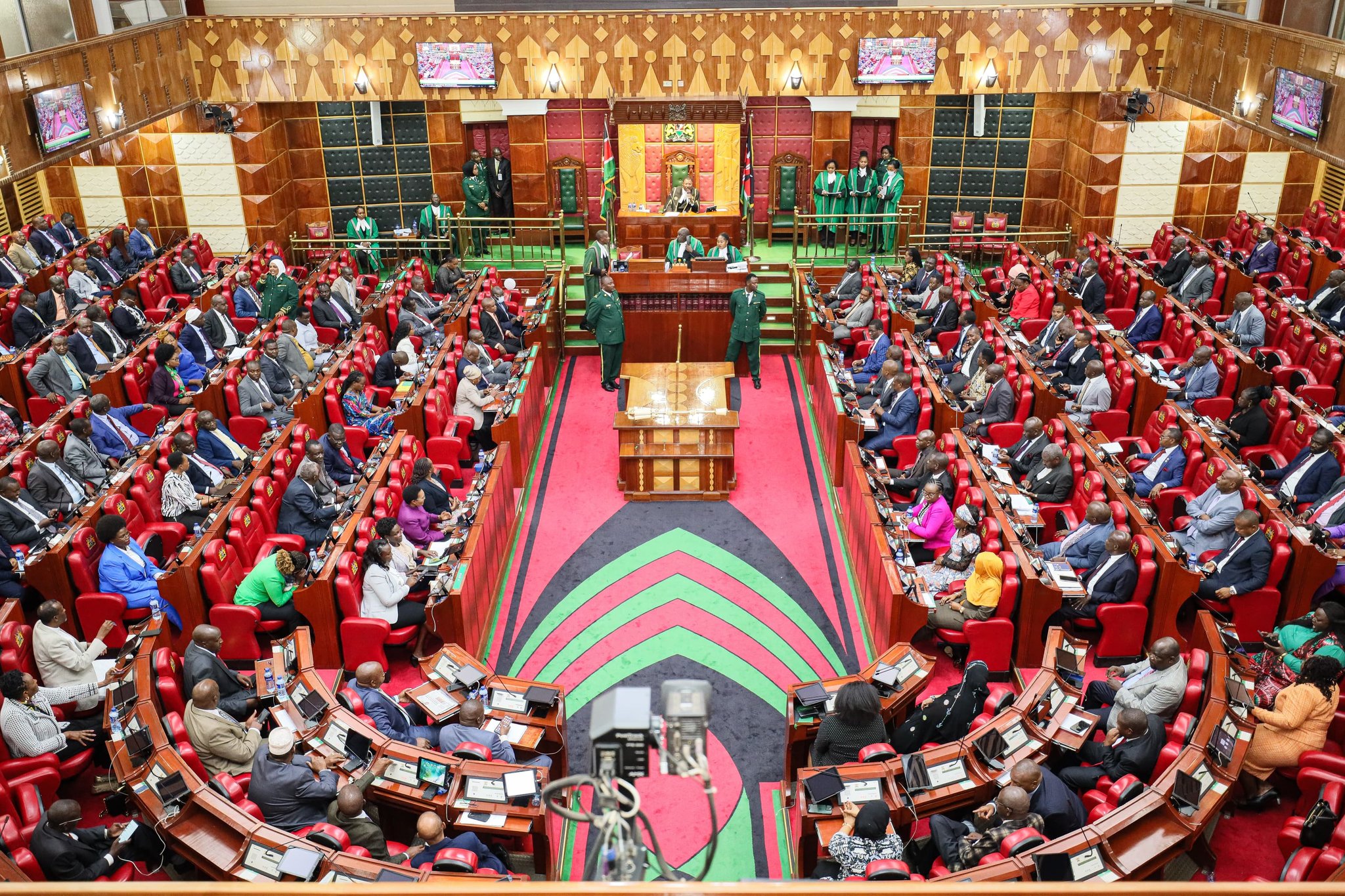
The two Houses of Parliament are headed on a collision course over the amounts of monies the counties should get as shareable revenue.
While the Senate Finance and Budget committee proposed the sharable revenue be Sh465 billion, the Budget and Appropriations Committee (BAC) of the National Assembly wants the counties to pocket Sh405.1 billion.
In a report tabled in the National Assembly, BAC chaired by Alego Usonga MP Samuel Atandi said the Sh405 billion as contained in the Division of Revenue (DOR) bill from the National Treasury is the best as it was made after taking in to account present macroeconomic conditions amidst budgetary constraints.
The National Treasury which appeared before the committee explained that its proposal is based on the fact that the ordinary revenue performance in the Financial year 2024/2025 is likely to result in lower ordinary revenue projected for the financial year 2025/2026 as well as because the National government is the one that has taken in the burden of revenue underperformance which has resulted in constrained resources at the National Government.
In addition, it also argued that the cost of servicing public debt is high as in the financial year 2025/2026 it will account for 52 percent of the ordinary revenue which is higher than the average 41 percent over the financial year 2016/2017 to 2025/2025.
Reads the report: “The committee recommends that this house approve the Division of Revenue Bill as follows: County government equitable share 405,069, 420, 19.”
Following the advice of the National Treasury, BAC rejected the proposals by the Council of Governors (COG) which wanted the sharable revenue to be Sh 536.88 billion because the economy in general is projected to grow at 5.3 per cent in the next financial year as well that of the Commission for Revenue Allocations (CRA) which proposed the share to be capped at Sh417.4 billion.
The governors in their argument wanted the baseline for allocation to be Sh400.1 billion and not the Sh387.4 billion that was settled on following the budget cuts that were made due to the protest by the youths calling themselves Generation Z.
The committee further rejected the proposal by the two on grounds that it is premised on the fourth basis for sharing revenue despite the fact that the formula is yet to be approved by parliament.
In addition, it also explained that the allocation in the DOR relies on the audited and approved revenue for the 2020/2021 financial year which may not accurately represent the current revenue performance and thus it is necessary to expedite the approval of more recent audited revenue figures.
Reads the committee’s report: “The committee noted that the equitable share proposed by the National treasury takes into account present macroeconomics conditions amidst budgetary constraints. Notably the allocation is above the 15 percent threshold prescribed by the constitution.”
It adds: “The committee, therefore, observed the need to delink the process by vertical sharing of revenue between the two levels of government, as mandate by Articles 202, 203 and 218 (1) (a) from the horizontal sharing of revenue among the 47 counties
The decision of the National assembly came despite the senate insisting that counties be given Sh465 billion due to the prevailing economic conditions in the country such as general economic performances, expected revenue and inflation factors.
The senate Finance and Budget committee explained that its decisions were made after it took into consideration the non-discretionary expenditures from the National Government priorities expected to be implemented by the counties.
The committee observed that the sharing of the equitable share among the counties should be done using the proposed 4th basis.
The committee chairperson Ali Roba in the committee’s report on the Budget Policy Statement (BPS) said: “The BPS proposal of Sh405.1 billion for counties does not account for rising non-discretionary commitments such as housing levy and Social Health Insurance.”
